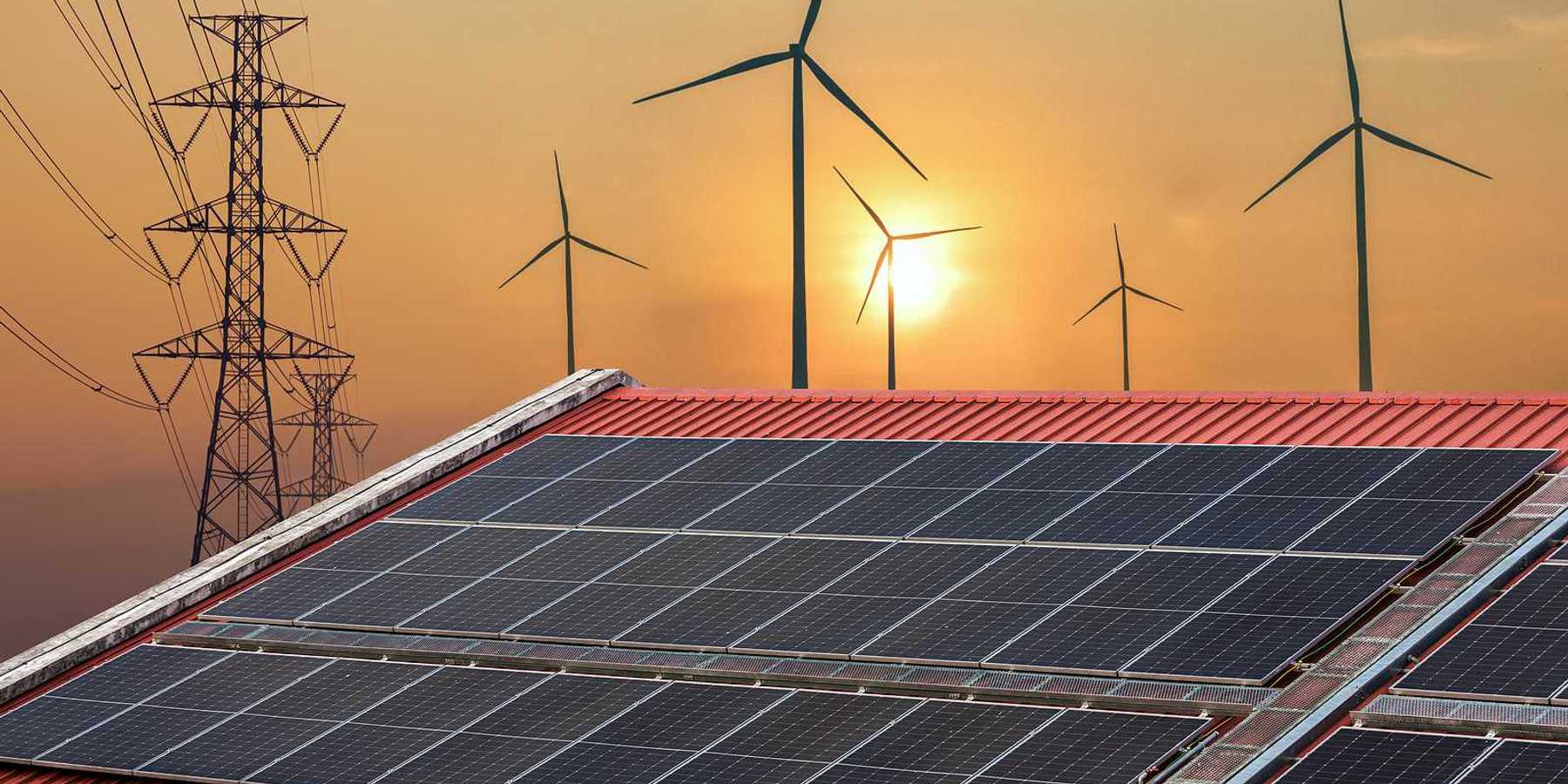Warming waters and overfishing threaten Alaska's salmon and culture
Native Alaskan communities face declining salmon populations due to warming river waters and industrial fishing practices, which disrupt traditional lifestyles and food sources.
In short:
- Rising river temperatures force salmon to migrate north to cooler Arctic waters, impacting the migratory patterns and survival of several species.
- Indigenous communities in Alaska, heavily reliant on salmon for sustenance and culture, are now turning to other food sources due to depleted salmon stocks.
- The combination of climate change and industrial fishing practices, such as bycatch from trawlers, exacerbates salmon scarcity in regions like the Yukon River.
Key quote:
"This will be the fifth year of not fishing. We had a lot of heat stress in 2019. Salmon were floating up dead in the river and we saw salmon divert into cooler streams much more downriver. After that, everything was shut down."
— Eva Dawn Burk, Nenana native Village.
Why this matters:
Salmon scarcity threatens the cultural and food sovereignty of native Alaskan communities that rely on salmon for survival. But this species is not the only one impacted by rising temperatures: a 2024 global study by the World Fish Migration Foundation found migratory freshwater fish populations declined 81% on average between 1970 and 2020. Industrial fishing and climate change require urgent management reforms to preserve these critical ecosystems and cultural heritage.
Related: “We are a salmon people”.













